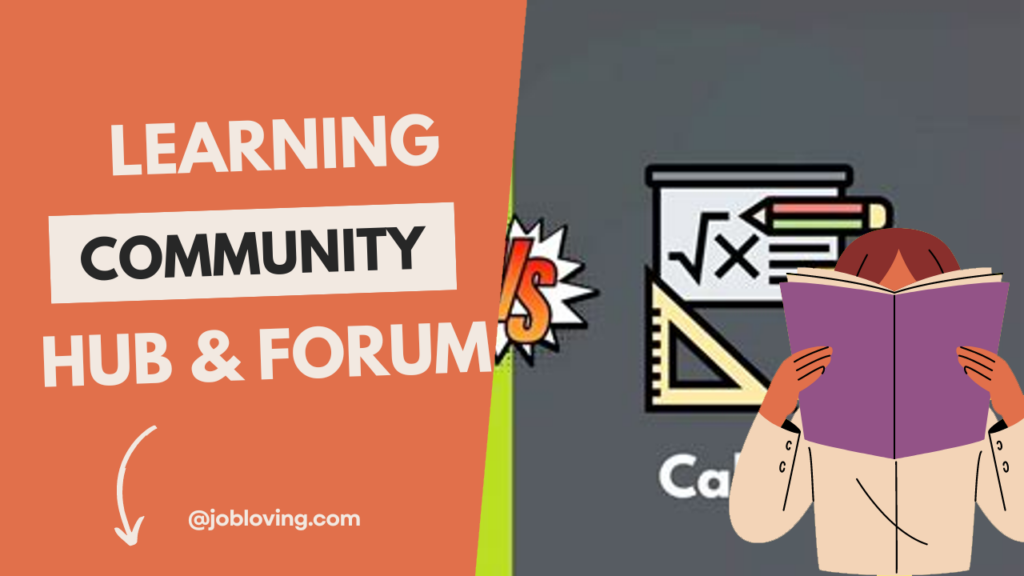Are you trying to decide whether to jump into the brain-bending world of calculus or stick with the slightly more familiar terrain of algebra? It’s a classic debate among math enthusiasts and students alike! Calculus and algebra each have their quirks, but they can feel worlds apart when it comes to complexity.
The Short Answer: Calculus is generally considered harder than algebra.
When we dive into the depths of mathematics, we find that calculus is often regarded as the more challenging subject. It introduces concepts like limits, derivatives, and integrals that might leave your head spinning like a rollercoaster. In contrast, algebra, especially linear algebra that deals with matrices and vector spaces, provides a more tangible approach to understanding relationships between variables, making it a tad less abstract and easier to grasp.
While many students breeze through algebraic equations and operations, calculus attempts to stretch our understanding of change and motion. Just think of it this way: algebra is the appetizer, and calculus is the main course—satisfying but potentially daunting. Only a small slice of the student population makes it all the way to calculus in high school, and that right there screams “challenge!” Even so, those who conquer that hurdle often come out with a charismatic mathematical swagger.
In conclusion, if you’re weighing your math choices, calculus usually takes the cake as the trickier topic, laden with challenging intricacies and abstract thinking. But, like any mathematical journey, it’s all about perspective—embracing the challenge can lead to some delicious knowledge! If you’ve got questions or want to take a deeper dive into the math world, join the JobLoving community for more resources and support as you navigate this thrilling adventure.
Key takeaways about Is calculus easier than algebra?
Comparative Difficulty Levels
- Calculus requires more cognitive effort than algebra, primarily due to its focus on change.
- Students often find calculus harder due to its abstract concepts compared to algebra’s concrete operations.
- Multivariable calculus is often considered the most challenging mathematics course among students in academia.
- The difficulty of calculus often stems from its reliance on memorization rather than intuitive understanding.
- Algebra is essential for solving equations, while calculus emphasizes the rate of change in functions.
- Students often report enjoying calculus more due to its real-world applications compared to algebra.
- High school students often find algebra more tedious while calculus feels more engaging and applicable.
Interdependency and Foundation
- Algebra is fundamental for calculus; a strong grasp aids in mastering calculus concepts effectively.
- Both algebra and calculus are interdependent, with algebra providing necessary tools for calculus applications.
- Mastery of algebra enhances comprehension in calculus, establishing a solid mathematical foundation for learners.
- A strong foundation in algebra is crucial for success in calculus courses and understanding concepts.
- Understanding theorems in linear algebra simplifies problem-solving compared to the complexities of calculus.
- Many students struggle with calculus due to algebra mistakes rather than calculus concepts themselves.
- The transition from algebra to calculus is generally seen as less daunting than arithmetic to algebra.
Teaching Methods and Student Perceptions
- Teaching methods can significantly influence how students perceive the difficulty of calculus versus algebra.
- The perception of difficulty in calculus versus algebra varies greatly among individual students.
- The choice between algebra and calculus difficulty varies based on individual aptitude and interest.
- The intuitive understanding of calculus can be easier for those with strong algebra skills.
- Different visualization strategies can make certain mathematical fields feel easier or harder to students.
- The teaching of calculus may emphasize concepts that seem simpler after mastering algebra.
Conceptual Complexity and Problem-Solving
- Calculus can be confusing, especially when applying its rules to solve complex problems effectively.
- Calculus involves advanced concepts like limits and derivatives, which can be daunting for many students.
- Calculus often requires multiple algebraic steps to solve problems, making it seem more complex.
- Algebra deals with linear equations, while calculus extends to nonlinear equations, increasing problem complexity.
- Difficulty in calculus often stems from complex algebraic manipulations rather than calculus principles.
- The relationship between algebra and calculus is often described as an “algebra sandwich” in problem-solving.
Real-World Applications and Engagement
- Calculus applications span various fields, predicting growth rates, stress points, and other crucial phenomena.
- Engaging with calculus can create a deeper understanding of relationships learned in algebra and geometry.
- Many students find algebraic word problems more intuitive than those based on calculus concepts.

